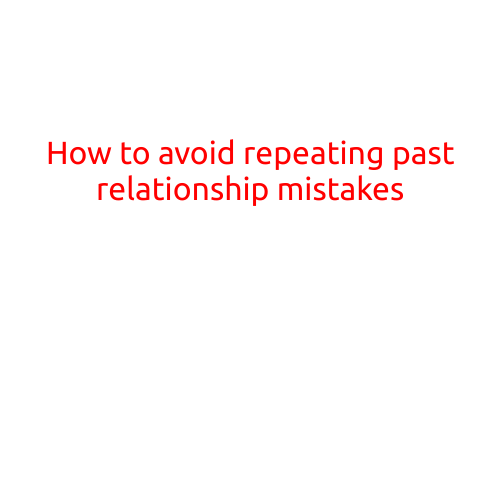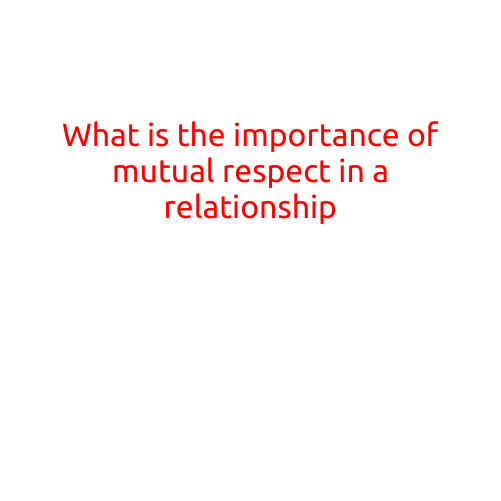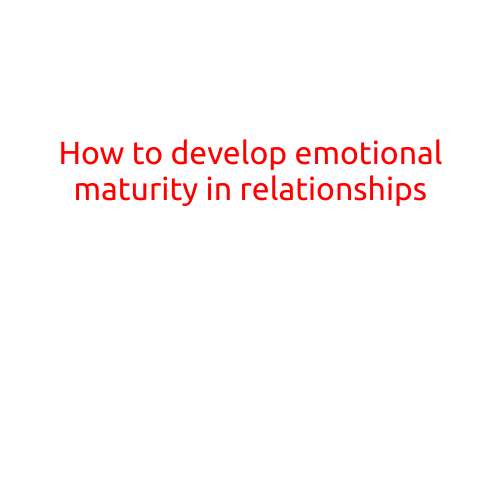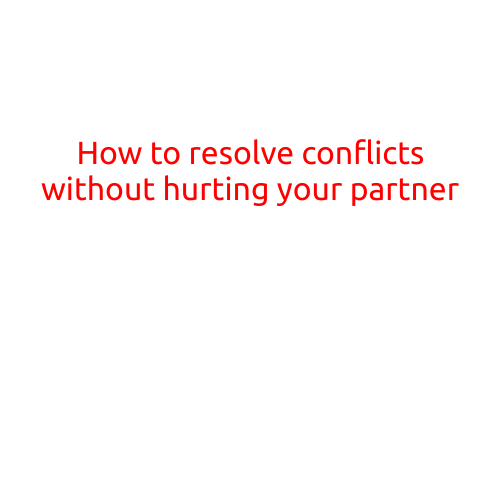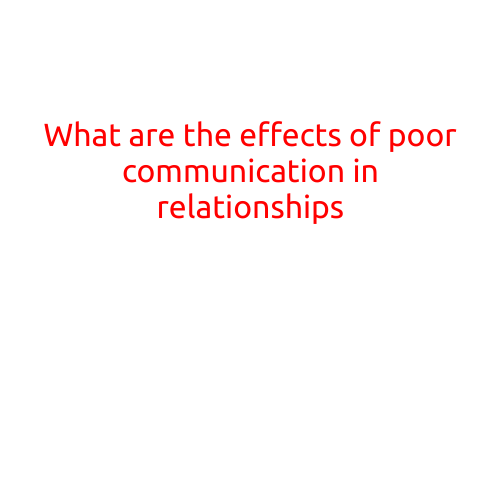
What are the effects of poor communication in relationships?
Effective communication is the foundation of any successful relationship. Whether it’s a romantic partnership, friendship, or family tie, good communication is essential for building trust, understanding, and intimacy. However, poor communication can lead to misunderstandings, conflicts, and even the breakdown of relationships.
In this article, we’ll explore the effects of poor communication in relationships and provide some tips on how to improve communication to strengthen your relationships.
Effects of Poor Communication:
- Misunderstandings and Conflicts: When communication is poor, it’s easy for miscommunications to occur, leading to conflicts and arguments. This can create tension and resentment, causing relationships to become strained.
- Lack of Trust: Poor communication can erode trust and lead to feelings of distrust, insecurity, and uncertainty. When partners don’t feel heard or understood, they may become less likely to open up and share their feelings and needs.
- Increased Stress: Poor communication can lead to increased stress and anxiety in relationships. When communication is poor, individuals may feel like they’re walking on eggshells, never knowing what will trigger an argument or upset.
- Emotional Distance: Poor communication can create emotional distance between partners, making it harder for them to connect and feel close.
- Increased Conflict Resolution Time: Poor communication can lead to longer and more intense conflicts, making it harder to resolve issues and move forward.
- Blame and Defensiveness: Poor communication can lead to blame and defensiveness, causing partners to become entrenched in their positions and resistant to change.
- Decreased Intimacy: Poor communication can lead to decreased intimacy and affection, as partners may feel like they’re not being heard or understood.
- Relationship Breakdown: In extreme cases, poor communication can lead to the breakdown of a relationship, as partners become disillusioned and disenchanted with the lack of connection and understanding.
Tips for Improving Communication:
- Be Present: Make an effort to be fully present in your conversations, avoiding distractions like phones and TV.
- Use Active Listening: Listen carefully to your partner, making eye contact and asking clarifying questions to ensure understanding.
- Express Your Feelings: Share your feelings and needs in a clear and respectful manner, avoiding blaming or attacking language.
- Practice Empathy: Try to see things from your partner’s perspective, showing understanding and validation.
- Use “I” Statements: Instead of blaming your partner, use “I” statements to express your feelings and needs.
- Take Breaks: If emotions are running high, take a break to cool down before continuing the conversation.
- Seek Professional Help: If communication issues persist, consider seeking the help of a couples therapist or counselor.
Conclusion:
Poor communication is a common problem in many relationships, leading to misunderstandings, conflicts, and distance. By recognizing the effects of poor communication and implementing effective communication strategies, you can strengthen your relationships and build a deeper connection with your partner. Remember, communication is a skill that takes practice, so be patient and committed to improving your communication skills. With time and effort, you can create a stronger, more loving relationship built on trust, understanding, and intimacy.

